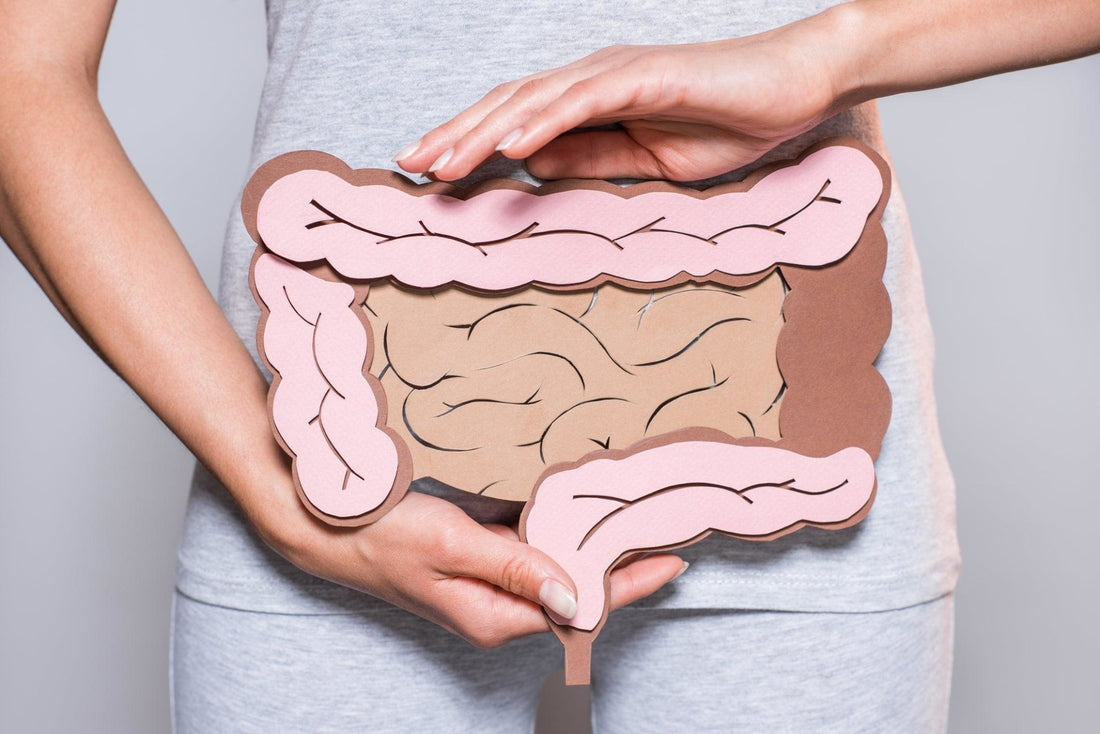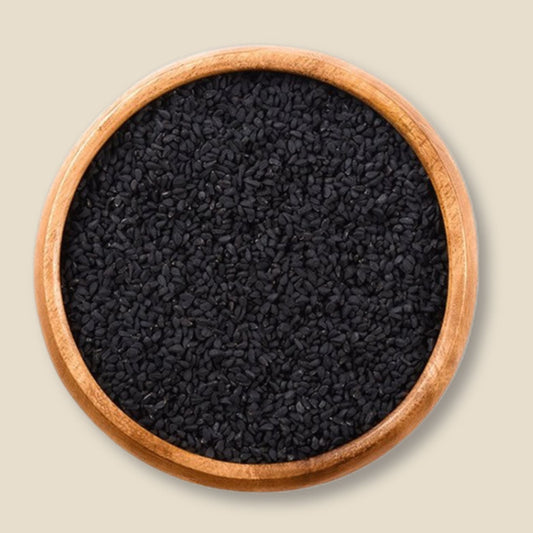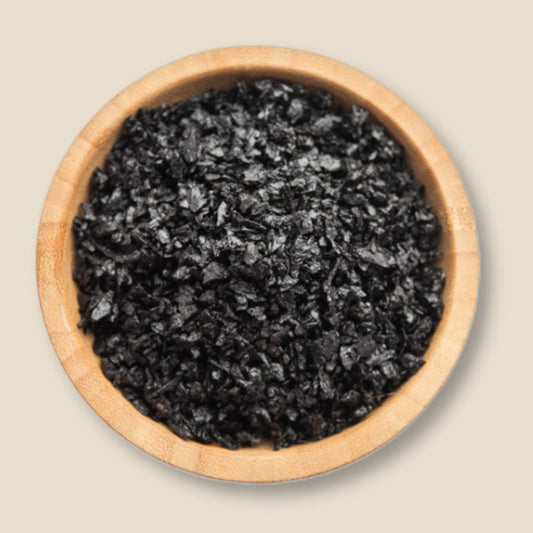
10 Simple Ways to Improve Your Digestion Naturally
Ilyas KhanShare
Introduction
Digestive problems are common issues that affect millions of people worldwide. Digestion is the process of breaking down the food we eat into nutrients that our body can absorb and utilize for growth and repair. A healthy digestive system is essential for maintaining overall health and wellbeing. However, poor digestion can lead to various health problems such as bloating, constipation, diarrhea, and heartburn. In this article, we will discuss 10 simple ways to improve your digestion naturally.
10 ways to improve your digestion
-
Eat a High-Fiber Diet: Fiber is an essential nutrient that helps regulate digestion. It helps to soften the stool and adds bulk to the stool, making it easier to pass through the digestive tract. Eating a diet high in fiber can help prevent constipation and promote regular bowel movements. Foods high in fiber include fruits, vegetables, whole grains, nuts, and seeds.
-
Drink plenty of water: Water is essential for digestion. It helps to soften the stool and aids in the digestion of food. Drinking plenty of water throughout the day can help prevent constipation and promote regular bowel movements. Aim for at least eight glasses of water a day.
-
Exercise Regularly: Exercise helps to stimulate the digestive system and promote regular bowel movements. It also helps to reduce stress, which can contribute to digestive problems. Aim for at least 30 minutes of moderate exercise a day, such as brisk walking, cycling, or swimming.
-
Chew Your Food Thoroughly: Chewing your food thoroughly can help break it down into smaller pieces, making it easier for your digestive system to absorb and utilize the nutrients. It also helps to prevent overeating and promotes satiety.
-
Eat Smaller Meals: Eating smaller meals throughout the day can help regulate digestion and prevent bloating and indigestion. Aim for three to four small meals a day, rather than three large meals.
-
Avoid Trigger Foods: Certain foods can trigger digestive problems such as bloating, indigestion, and acid reflux. Foods to avoid include spicy and fatty foods, caffeine, alcohol, and carbonated beverages.
-
Manage Stress: Stress can contribute to digestive problems such as bloating, constipation, and diarrhea. Managing stress through relaxation techniques such as deep breathing, meditation, or yoga can help improve digestion.
-
Get Enough Sleep: Sleep is essential for overall health and wellbeing, including digestion. Lack of sleep can lead to digestive problems such as constipation and indigestion. Aim for at least seven to eight hours of sleep a night.
-
Take Probiotics: Probiotics are beneficial bacteria that live in the gut and help to maintain a healthy balance of gut flora. Taking probiotics can help improve digestion and prevent digestive problems such as bloating and constipation.
-
Consult a Doctor: If you are experiencing persistent digestive problems such as bloating, constipation, or diarrhea, it is important to consult a doctor. They can help diagnose the underlying cause of your symptoms and recommend appropriate treatment.
Conclusion
Improving digestion can be a simple process that involves making lifestyle changes such as eating a high-fiber diet, staying hydrated, exercising regularly, and managing stress. By incorporating these simple tips into your daily routine, you can improve your digestion and promote overall health and wellbeing.
References:
- National Institute of Diabetes and Digestive and Kidney Diseases. (2017). Eating, Diet, & Nutrition for Constipation. Retrieved from https://www.niddk.nih.gov/health-information/digestive-diseases/constipation/eating-diet-nutrition
- Harvard Health Publishing. (2018). Probiotics may help prevent diarrhea due to antibiotic use. Retrieved from https://www.health.harvard.edu/blog/probiotics-may-help-prevent-diarrhea-due-







